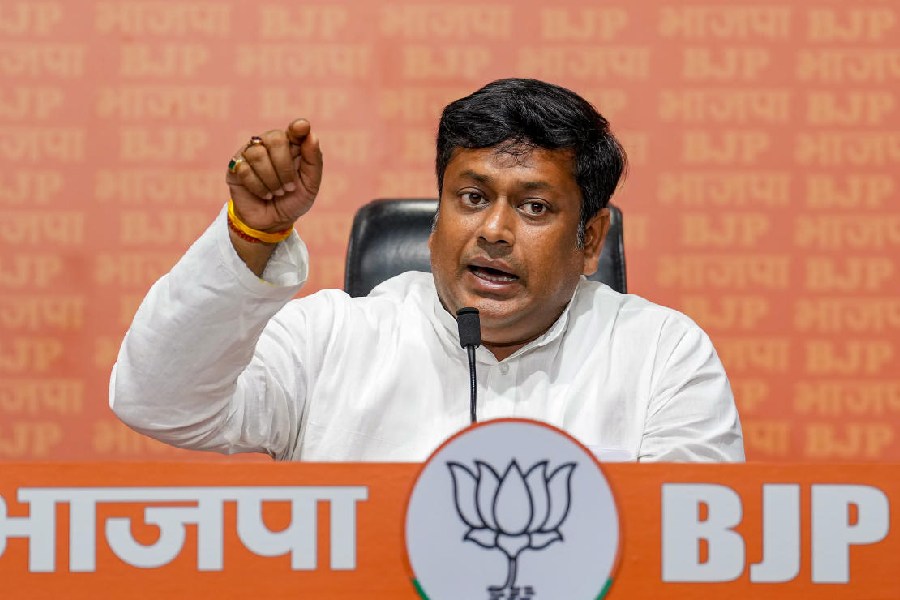The government on Thursday imposed import restrictions on laptops, tablets, and certain types of computers with immediate effect for security reasons and the need to promote domestic manufacturing.
The move will also curtail inbound shipments of these goods from countries such as China and Korea.
Importers of these items would now have to seek permission or licence from the government for their inbound shipments.
A senior government
official said that there are
a variety of reasons for imposing these restrictions but the primary is “to ensure that the security of our citizens is fully safeguarded”.
Last week, Reliance Retail announced its 4G-LTE powered laptop for Rs 16,499, which will go on sale from August 5.
The official also said that internet penetration is increasing in the country in a bigger way and in this background Indian citizens need to have an environment and ecosystem, where they are not exposed to machines or instruments which might have security risks.
“Some of the hardwares could potentially have security related issues and could compromise sensitive and personal data, we have taken into account few of those goods,” he added.
The Directorate General of Foreign Trade (DGFT) in a notification, however, said certain exemptions have been given against these curbs.
“Import of laptops, tablets, all-in-one personal computers, and ultra small form factor computers, servers... is ‘restricted’ with immediate effect,” it said.
The official further said that “safety is the top most priority” of the government and the move is in compliance with the rules of the World Trade Organisation (WTO).
Under the transition provisions of the foreign trade policy (FTP), if the bill of lading and letter of credit has been issued or opened before August 3, that import consignments can be imported.
An importer can apply for a licence from August 4. The trader should have to be a regular importer to get a licence.
“The idea is not to ban imports but to regulate the inbound shipments of these goods,” the official said.
When asked if the move would have an impact on domestic prices, the official said “no”. However, industry experts have flagged apprehensions that it could lead to price rise of these instruments.
Pankaj Mohindroo, chairman, India Cellular and Electronics Association (ICEA), said “this policy announcement seems to be based on the premise of providing secure digital access to the burgeoning number of digital citizens in the country.”
“We are confident that valid licences will be provided to trusted industry partners which will enable Ease of Doing Business (EoDB) and unrestricted access to trusted brands for digital consumers.”
According to a report by think-tank Global Trade Research Initiative (GTRI), India is critically dependent on China for day-to-day use and industrial products such as mobile phones, laptops, components and solar cell modules and integrated circuits.










